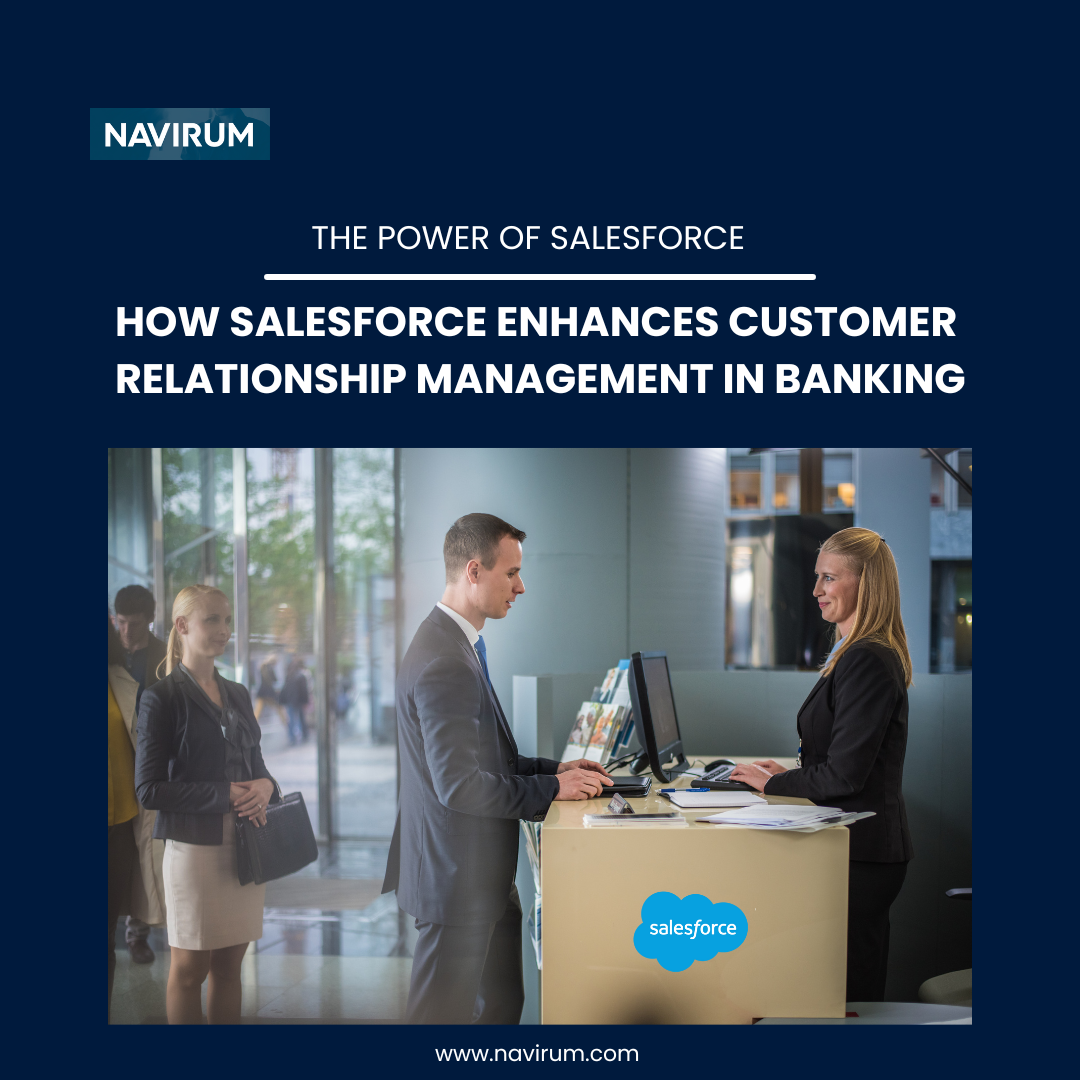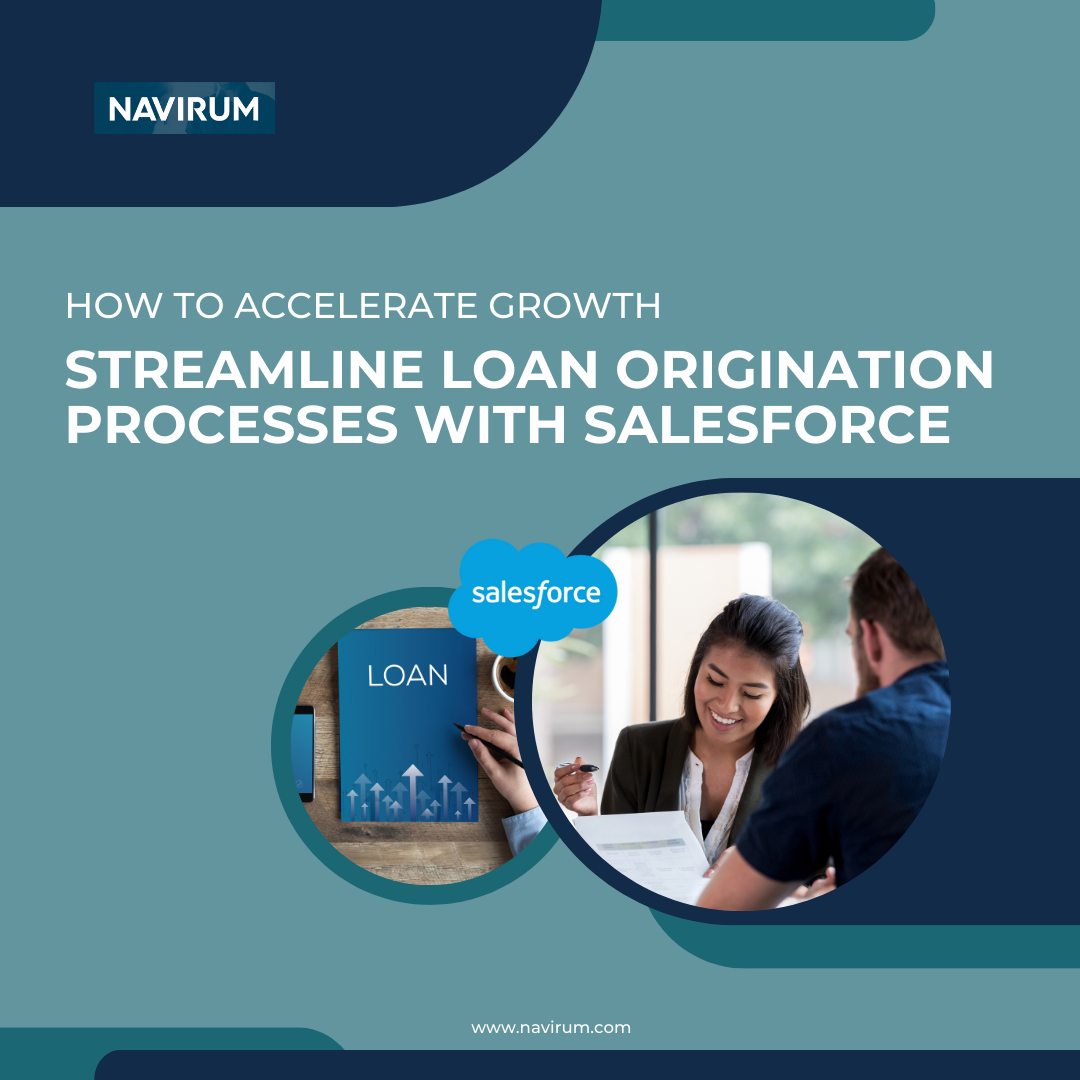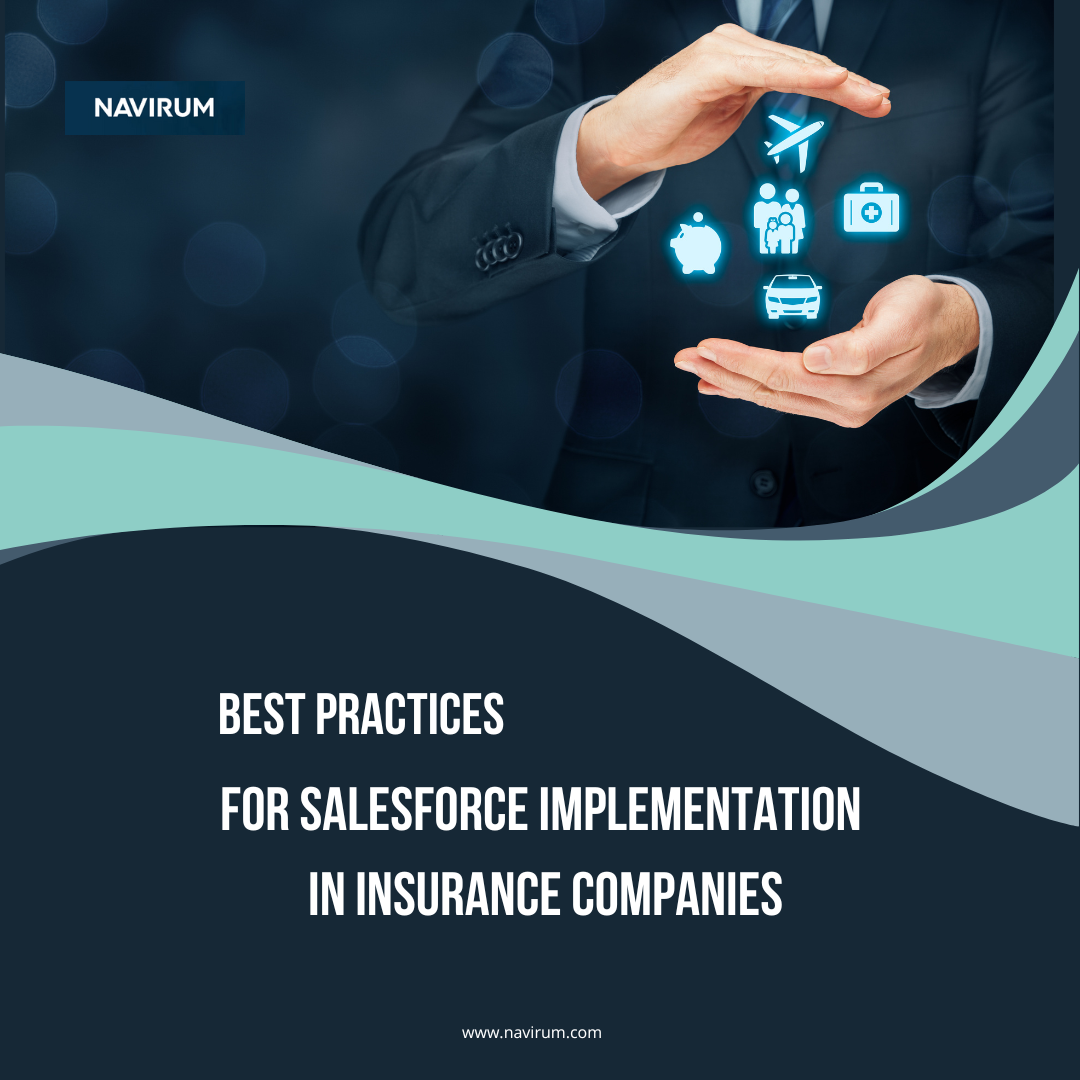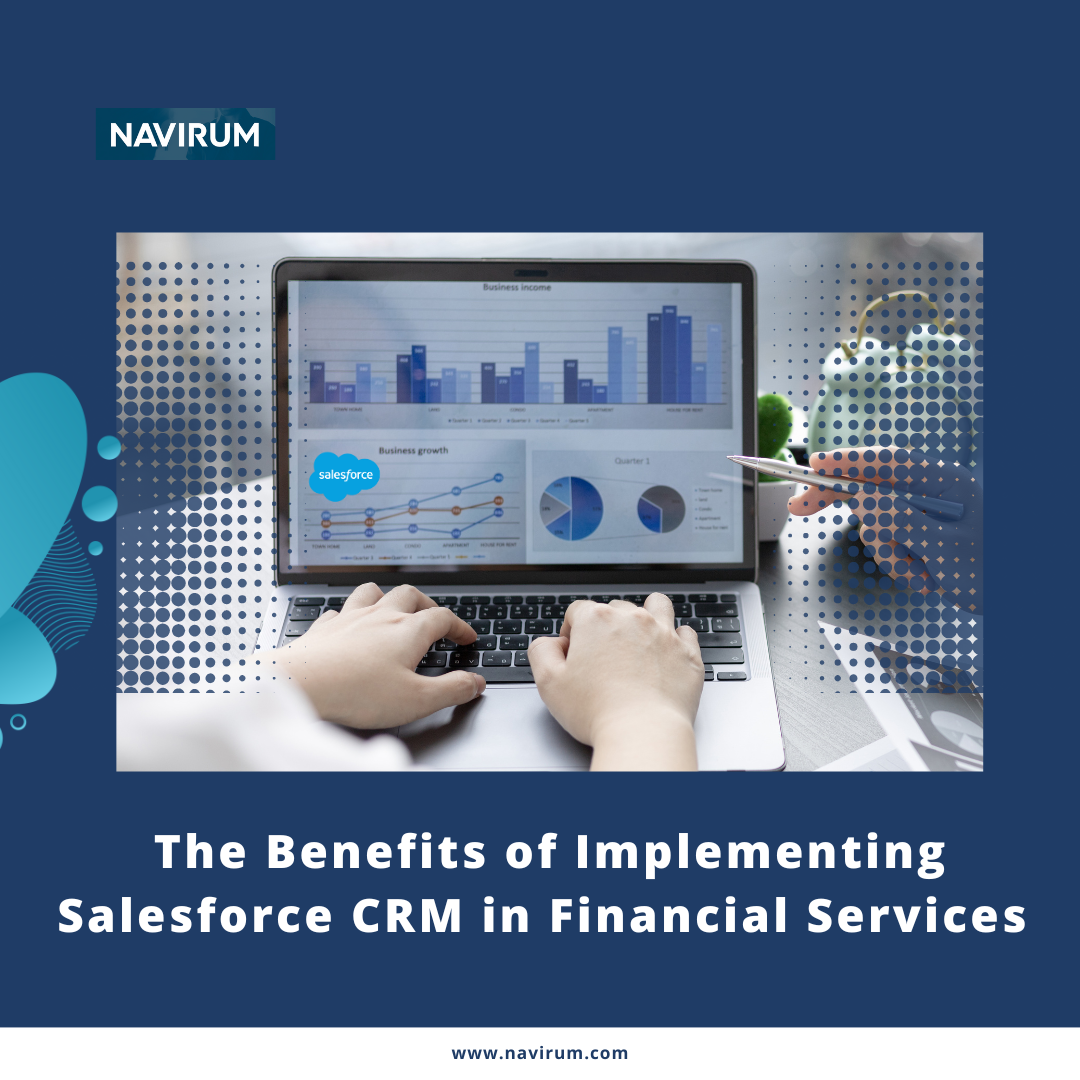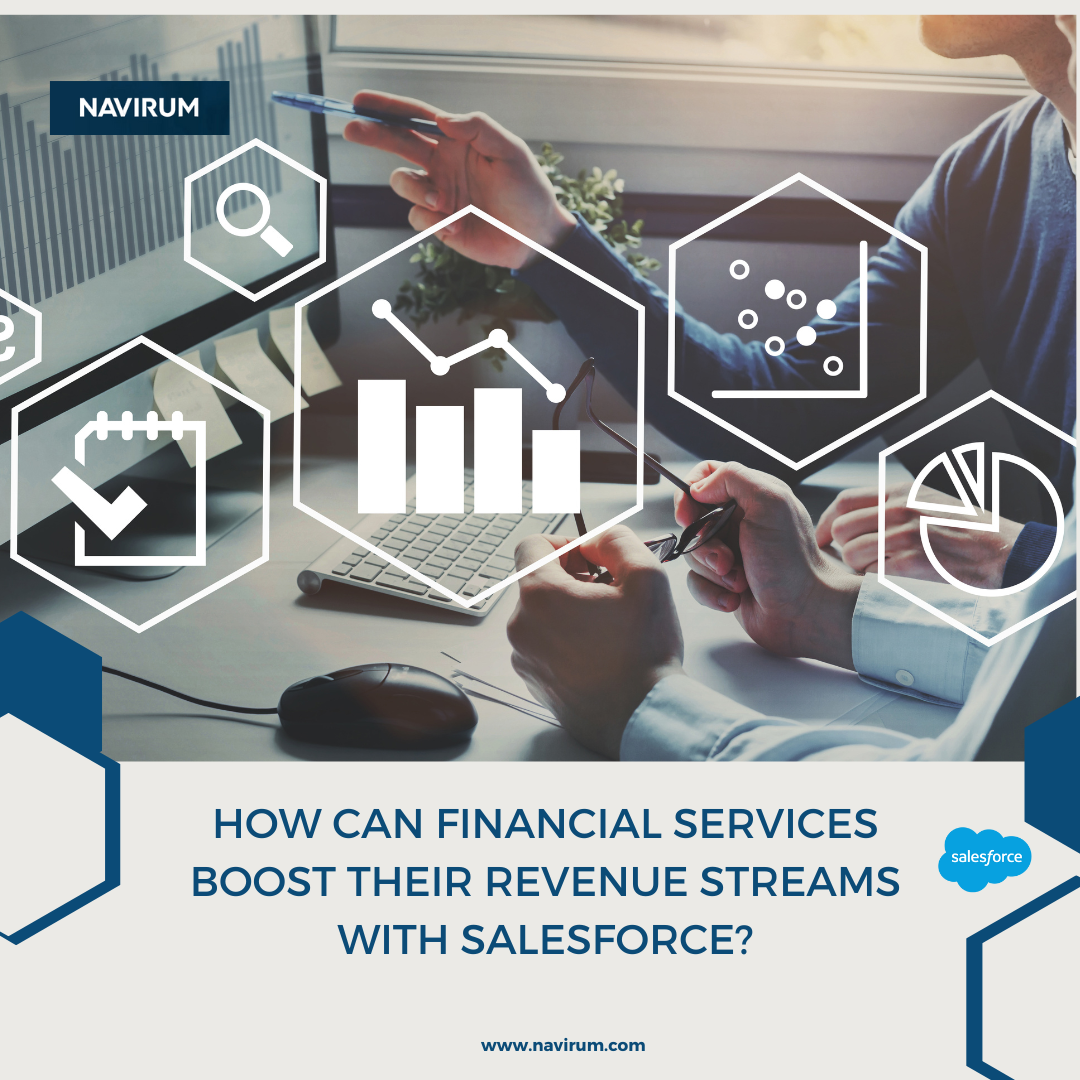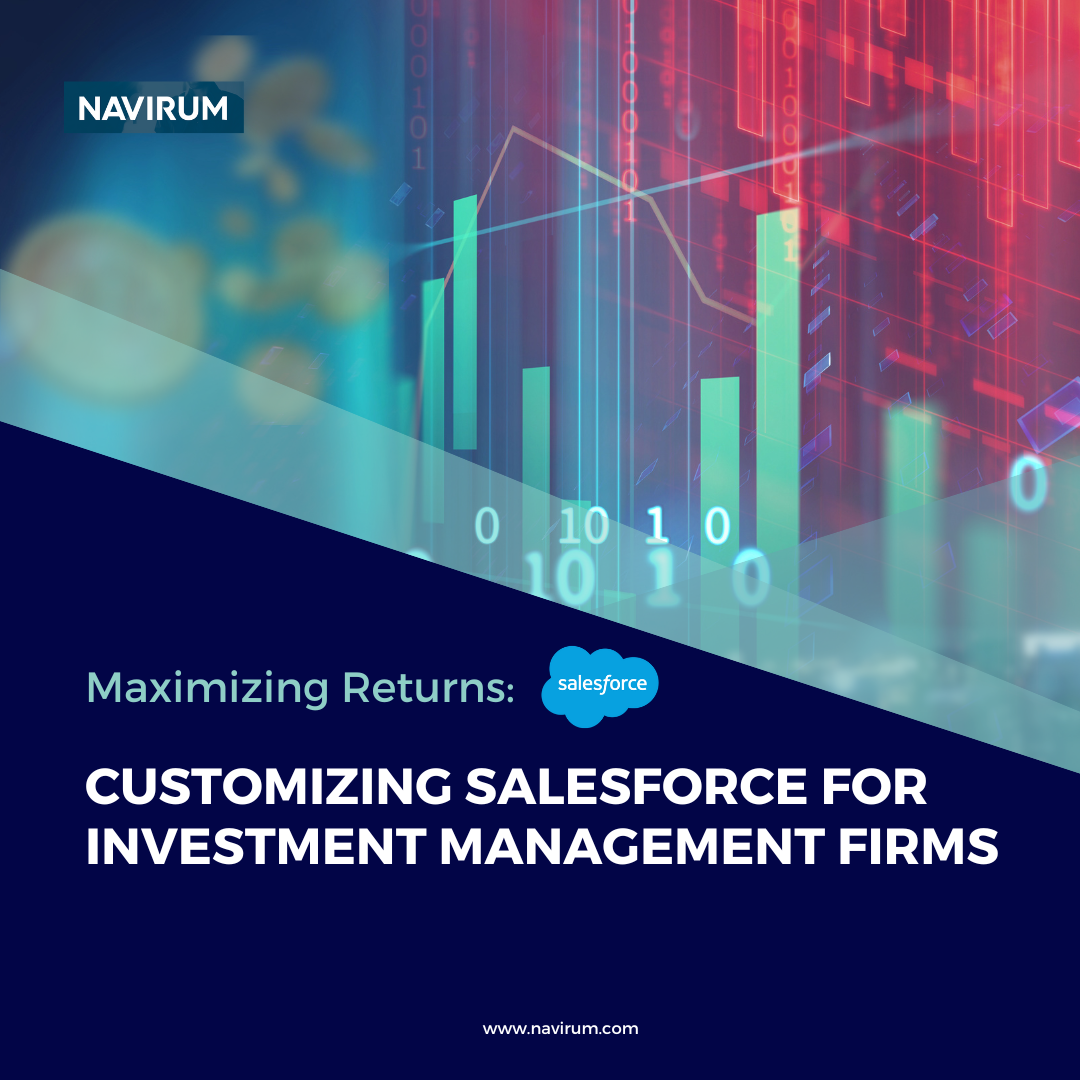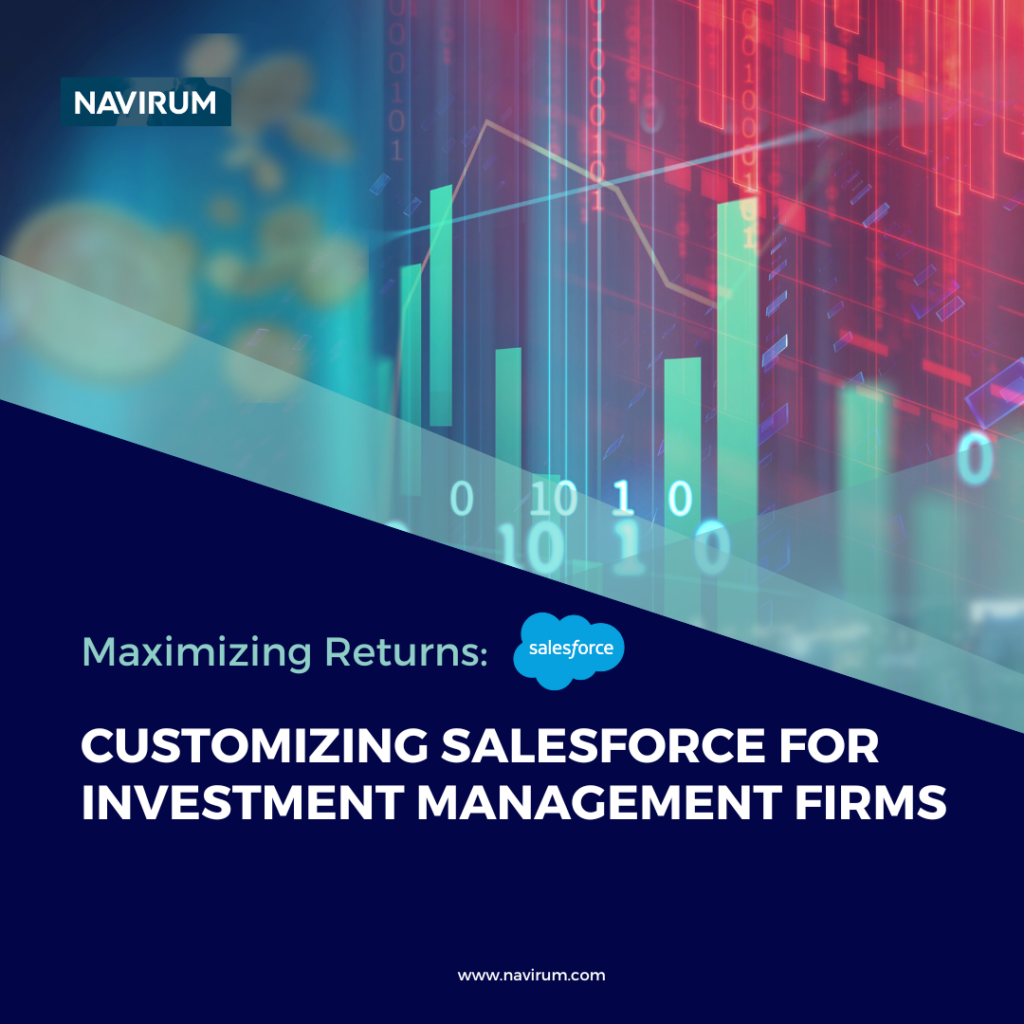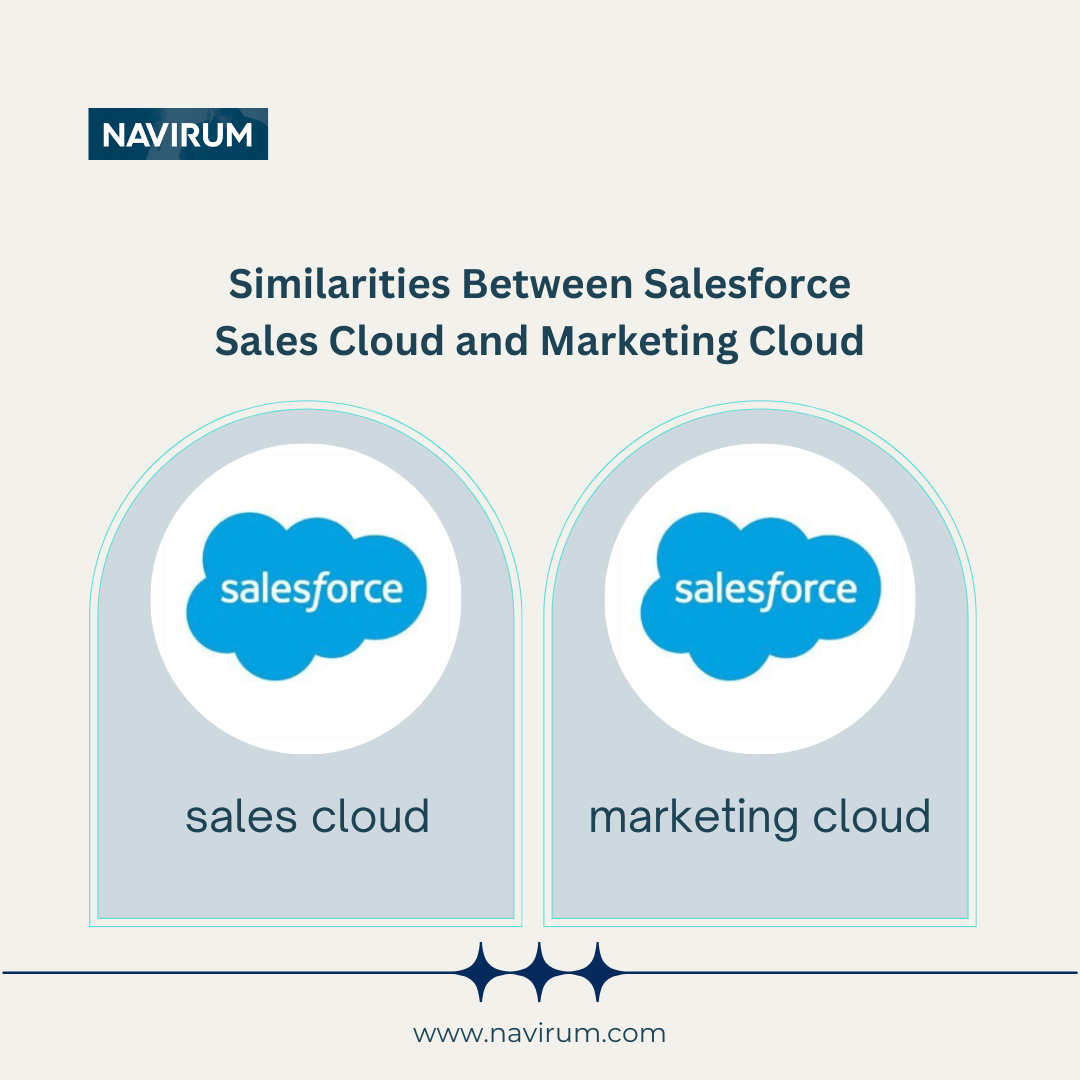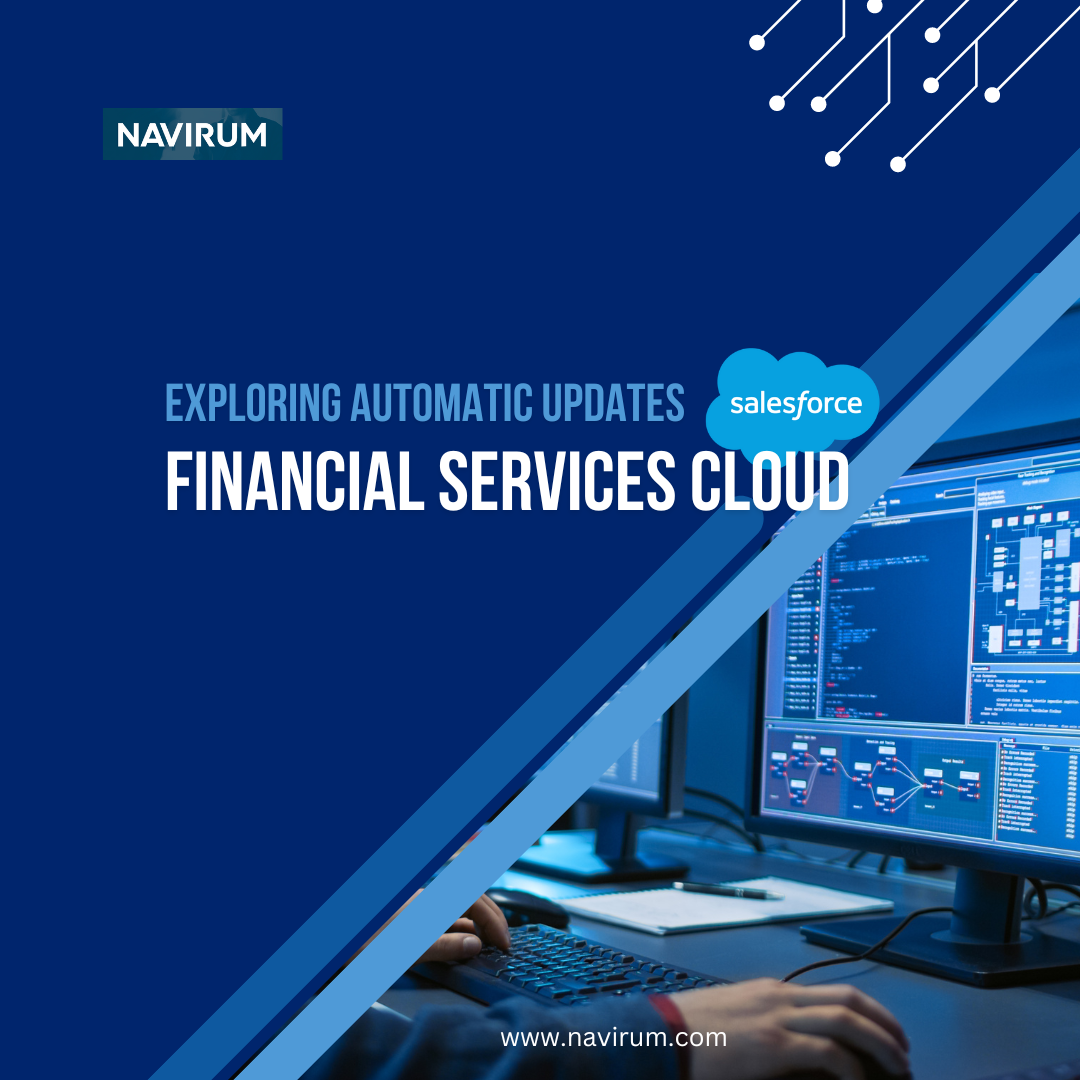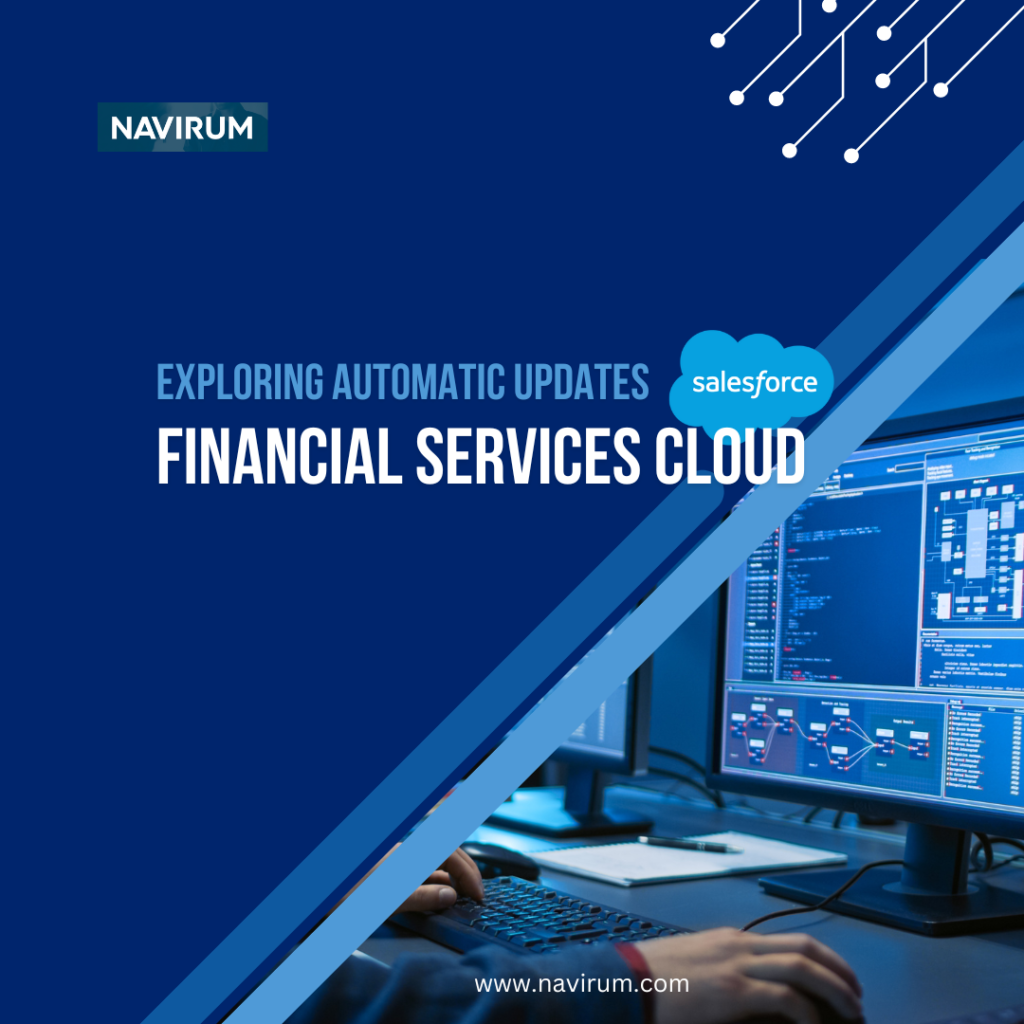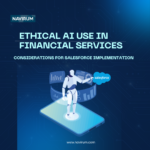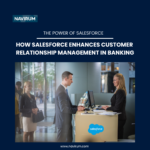Salesforce AI Solutions for Financial Advisors
In today’s rapidly evolving financial services arena, staying ahead requires harnessing advanced technology to deliver personalized, efficient, and secure client solutions. Salesforce, renowned for its innovative CRM solutions, has now integrated robust artificial intelligence (AI) capabilities that are reshaping how financial advisors interact with clients and manage their practices.
The Power of Salesforce AI in Financial Advisory
- Personalization at Scale: Salesforce AI enables financial advisors to understand their clients better than ever before. By analyzing client interactions, preferences, and financial goals in real-time, AI empowers advisors to tailor their recommendations and communications precisely to each client’s needs. This level of personalization not only enhances client satisfaction but also strengthens client-advisor relationships, leading to increased retention and loyalty.
- Predictive Analytics: AI-driven predictive analytics is a game-changer for financial advisors. By analyzing historical data and market trends, Salesforce AI can forecast potential investment opportunities, detect patterns in client behavior, and even predict life events that may impact financial planning. These insights enable advisors to proactively offer strategic advice and anticipate client needs, positioning themselves as trusted partners in their clients’ financial journeys.
- Automation of Routine Tasks: Administrative tasks can consume a significant portion of an advisor’s time. Salesforce AI automates routine tasks such as data entry, scheduling, and compliance monitoring, allowing advisors to focus more on strategic client interactions and business development. This efficiency not only boosts productivity but also ensures accuracy and regulatory compliance, thereby mitigating operational risks.
- Enhanced Client Engagement: AI-powered chatbots and virtual assistants enable advisors to provide round-the-clock client support and engagement. Whether it’s answering basic inquiries, scheduling appointments, or delivering personalized financial insights in real-time, these virtual assistants ensure that clients receive timely and relevant information whenever they need it. This seamless interaction fosters a more connected client experience and strengthens client loyalty.
Implementing Salesforce AI: Steps to Success
Implementing Salesforce AI solutions for financial advisors involves a strategic approach to maximize its benefits:
- Assessment and Customization: Understand your specific business needs and client expectations. Tailor Salesforce AI capabilities to align with your advisory services and client engagement strategies.
- Integration with Existing Systems: Ensure seamless integration with your current CRM and other systems to maximize efficiency and data coherence.
- Training and Adoption: Invest in comprehensive training programs to empower advisors and staff with the skills to leverage AI effectively. Foster a culture of continuous learning to adapt to AI advancements and industry trends.
- Compliance and Security: Prioritize data security and compliance with regulatory standards. Implement robust measures to safeguard client information and maintain trust.
The Future of Financial Advisory
As AI continues to evolve, its role in financial advisory will become increasingly indispensable. Salesforce AI solutions empower financial advisors to deliver personalized, proactive, and insightful services that drive client satisfaction and business growth. By harnessing the power of AI, financial advisory firms can not only stay competitive in a digital-first world but also lead the industry in innovation and client-centric service delivery.
In conclusion, Salesforce AI solutions are transforming the way financial advisors operate, empowering them to build stronger client relationships, drive operational efficiency, and achieve sustainable business growth. Embracing AI is not just about adopting new technology—it’s about embracing a future where human expertise and machine intelligence converge to create unparalleled value for clients and advisors alike.
As you navigate the complexities of modern financial advisory services, consider how Salesforce AI can propel your firm towards greater success and client satisfaction. The future is here, and it’s AI-powered.
Unlock the potential of Salesforce AI for your financial advisory firm. Contact us today to explore how we can help you leverage AI to transform your client engagement and business operations.


